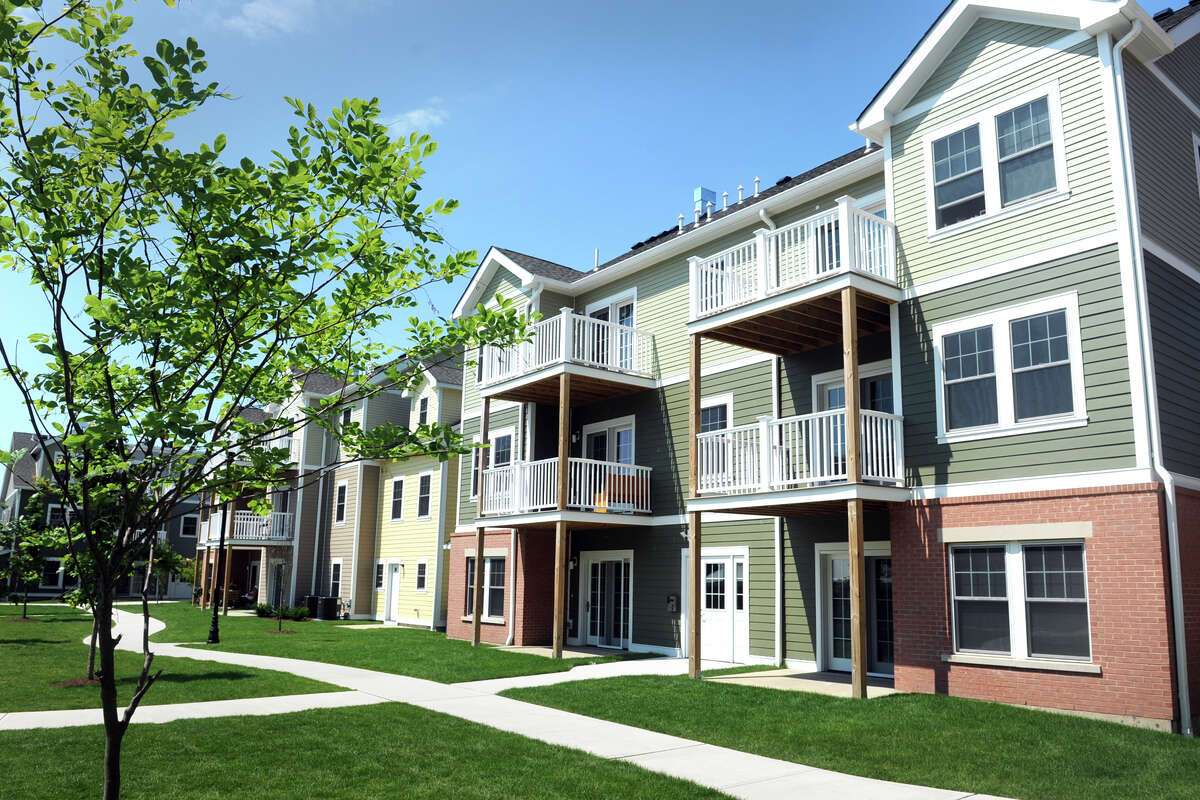The DC Affordable Housing Crisis


The saying “No good deed goes unpunished” is proving true in the Washington, DC affordable housing market, where eviction moratorium policies implemented during the COVID-19 pandemic are continuing to disrupt landlords, tenants, and developers.
While these policies were intended to prevent mass evictions, they have led to landlords struggling to collect rent, a stalled real estate market, and rental properties on the verge of foreclosure.
Washington, DC is facing a shortage of affordable housing, with 14% of residents currently living in city-supported housing. Officials acknowledge that more units are needed, but the market is in crisis.
Housing costs keep going up, but property owners cannot collect monthly rent. This leaves them without cash flow to pay for mortgage payments, maintenance, or property management costs.
Strict DC laws have made it incredibly difficult for landlords to evict non-paying tenants, creating a ripple effect throughout the multifamily housing market.
Many landlords have tried to sell their properties. However, buyer confidence has dropped. This is due to many tenants not paying rent and uncertainty about collecting rent. With no buyers willing to take these risks, the market for affordable housing in Washington, D.C. has almost stopped.
One of the biggest concerns is the rising foreclosure rates among affordable housing providers. If landlords default on loans and lose their properties, their affordable housing covenants will likely be lost as well. This would reduce the already limited supply of low-cost housing, further exacerbating the housing crisis in the United States capital.
In an effort to prevent widespread foreclosures, the mayor recently diverted funds originally allocated for new affordable housing projects to bail out struggling properties.
This crisis is a clear example of how government intervention can backfire, leading to unintended consequences that hurt the people it was designed to protect.
The free market relies on cash flow to function, and when landlords cannot collect rent, the entire system collapses. These policies have not created more housing. Instead, they have pushed rental properties toward foreclosure. This has reduced the number of available units. It has also driven developers away from the market.
While tenant protections are important, rental housing must operate within a sustainable financial model. Landlords must be able to collect rent, and the court system needs to provide fair and efficient resolutions for evictions.
Policies that make it impossible for landlords to enforce lease agreements create an unstable real estate market, driving away investors and developers.
Cities that want to expand affordable housing must balance tenant protections with landlord rights, or risk losing much, needed investment and creating even greater shortages of affordable units.
Washington, DC’s affordable housing crisis is a direct consequence of prolonged eviction moratoriums, rent control policies, and restrictive tenant laws.
Without policy changes that support both landlords and tenants, the shortage of affordable housing will only worsen, leaving low-income residents with even fewer options.
For real estate investors, this crisis serves as a warning to carefully evaluate rental laws before entering a market. A landlord-friendly environment is crucial for ensuring profitability, protecting assets, and maintaining a sustainable rental housing system.
For real estate investors, having the right guidance is crucial. Rod Khleif, a seasoned multifamily investor, entrepreneur, and educator, has helped thousands of investors build profitable real estate portfolios while avoiding costly pitfalls. If you’re looking to scale your investments, protect your assets, and thrive in any market cycle, check out Rod’s top rated Podcast, coaching program, and free resources to stay ahead in today’s evolving real estate landscape.

If your bills feel unmanageable, you aren’t alone. Recent reports found that 30% of people are less able to afford bills today than they...

Blog Posts Archives UnfavoriteFavorite February 20, 2026 Financial Security Program A collaboration of Aspen Institute Financial Security Program and the...

Colleges are navigating enrollment pressures, renewed federal oversight, and growing scrutiny around how families finance higher education. This week’s developments...